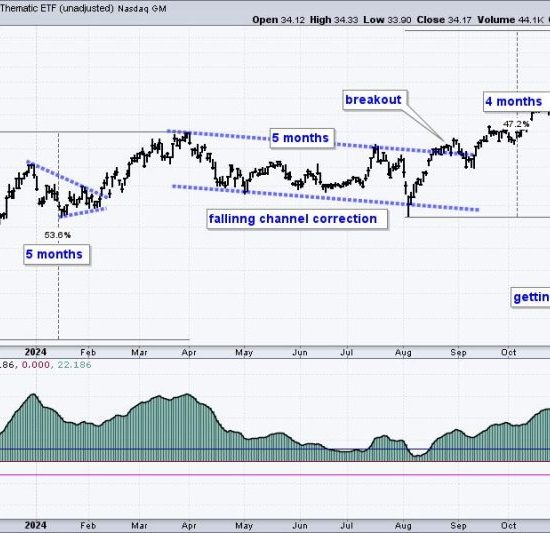Understanding Election-Related Market Swings
Political events, especially elections, tend to bring much uncertainty, which inherently influences financial markets. This influence is primarily due to the potential policy changes different outcomes may bring, thus contributing to the variations experienced in market behaviors or patterns.
Market Swings and Elections
Voting seasons, either in US, UK, Canada, or anywhere across the globe are usually accompanied by observable fluctuations in the stock market. This seesaw motion is sparked by the market’s speculations, fear, and sentiments associated with the possible outcomes of the election.
Historically, markets thrived under both Democrats and Republican administrations in the United States, illustrating that the party in power is just one of many factors that influence the market. For instance, economic cycles, interest rates, inflation, corporate earnings, and global economic trends also play significant roles.
The anticipation leading up to the election can cause noticeable short-term volatility. This has made some investors believe that they can profit from these swings by tactically timing the market. However, evidence suggests this strategy is generally ineffective and could potentially lead to substantial losses.
Managing Election-Related Market Swings
The key skill to exploiting election-related market swings is to stay ahead, which involves studying predictable patterns and maintaining an informed perspective about the potential impact of election outcomes on fiscal and monetary policy.
Understanding Volatility
Volatility is an inherent part of investing in stocks. While it can be stressful, volatility creates opportunities. The perceived risk of changing political direction can cause stock prices to drop, presenting valuation opportunities for investors. However, investors must understand that volatility can swing in either direction, making it a double-edged sword.
Building a Diversified Portfolio
Building a robust and diversified investment portfolio can help buffer the negative impacts of election-related market instability. Successful investors know the importance of asset allocation and diversification in abating market shocks. By including different asset classes, sectors, and geographic regions in your portfolio, you mitigate risks and are better placed to absorb shocks from any single source.
Making Use of Financial Advisors
Financial advisors can help navigate the stressful and dynamic election period by offering insights, understanding potential market scenarios and providing strategies to help protect your investments. Their expertise enables them to guide investors through market dynamics with a balanced approach, placing investors in a better position to seize opportunities and manage risks.
Taking a Long-term Approach
Investors are advised to hold a long-term view of their portfolios, even in times of perceived political uncertainty. Investment decisions should not be based on short-term market swings but on broad economic trends and individual financial goals. While investor sentiment can fluctuate leading up to an election, it’s important to remember that markets have historically shown resilience after elections, regardless of who won.
Staying Informed
Keeping yourself informed about ongoing economic trends, potential policy changes, and the broader market landscape is crucial in staying ahead. This includes staying abreast with reputable financial news sources, robust corporate earnings reports, and market analysts’ updates. Being informed helps maintain a balanced perspective, understand risks, and identify opportunities in a volatile market triggered by election uncertainty.
While elections can bring about significant market swings, they also present opportunities for investors. By understanding the nature of these swings and implementing the right strategies, investors can mitigate risks and potentially seize lucrative investment opportunities.




